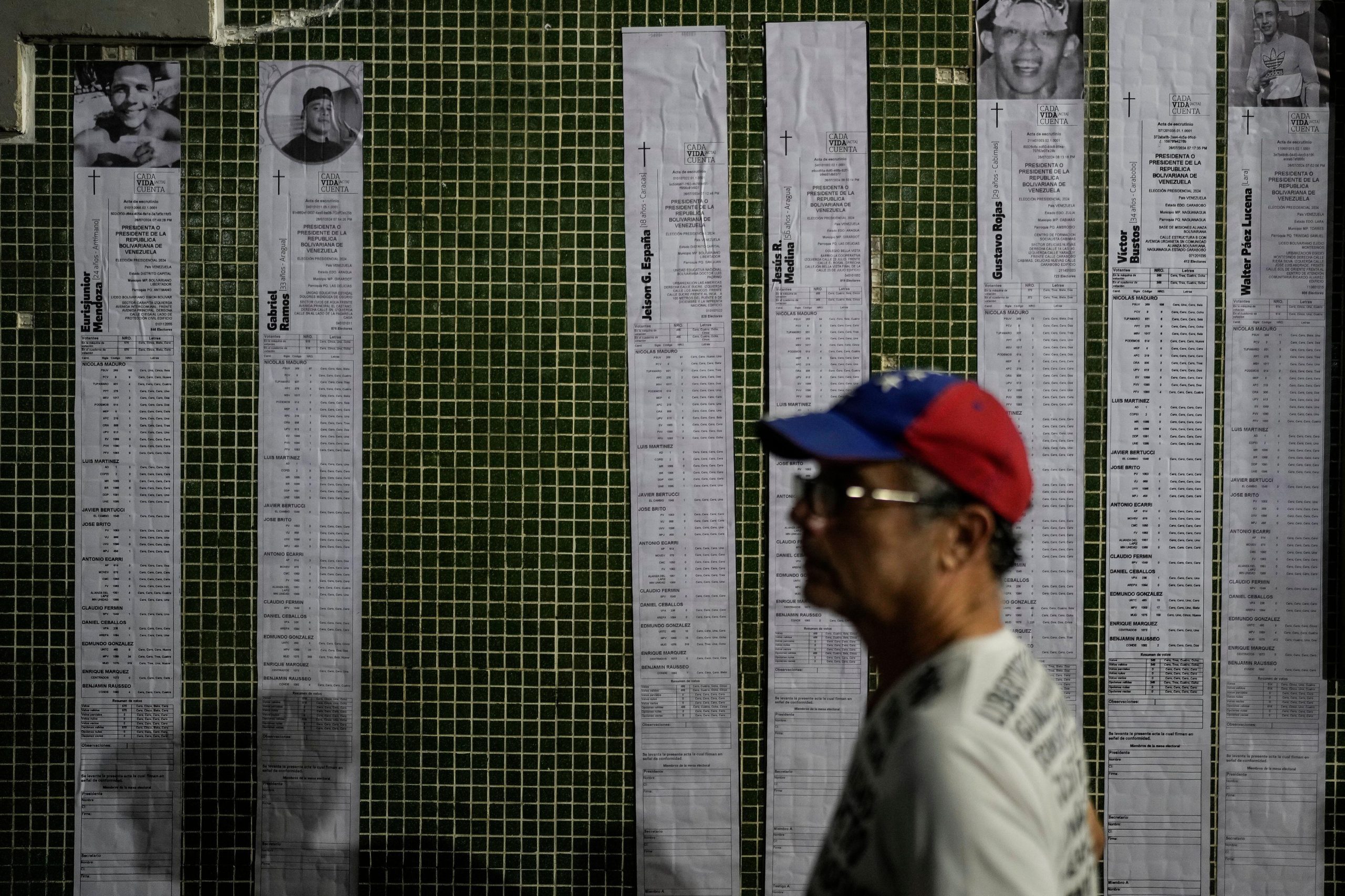In the High Court yesterday BAA, the owner of Heathrow airport, was granted an injunction banning protestors from the airport and some BAA buildings in its vicinity during the month of August. During this time, 14-21 August, the Camp for Climate Action will be pitching its tents near Heathrow.
BAA, though, will be disappointed with the outcome of the court case heard before Mrs Justice Swift. It had asked for an indefinite injunction to ban up to five million people from protesting in the Heathrow area. These included individual members of local campaign groups HACAN (Heathrow Association for the Control of Aircraft Noise) and NOTRAG (No Third Runway Action Group) as well as members of large environmental organisations such as Greenpeace, Friends of the Earth, the National Trust and the RSPB. BAA had also sought an injunction against direct action network Plane Stupid as well as four named individuals: me (as chair of HACAN and the national umbrella body AirportWatch), Joss Garman and Leo Murray from Plane Stupid, and Geraldine Nicholson, the NOTRAG chair. If granted it would probably have been the most wide-ranging injunction in UK history. BAA sought the injunction under harassment laws.
The judge granted a much narrower injunction, based on trespass rather than harassment. It simply banned Plane Stupid and those acting in concert with it from Heathrow and some BAA buildings during August. Leo Murray, Joss Garman and I gave undertakings not to visit these areas during the month. The case against Geraldine Nicholson, NOTRAG, HACAN, Airportwatch (and its member organisations, such as Greenpeace and the RSPB) was thrown out and BAA was ordered to pay their costs.
The concern is not with the judgment, but the fact that a multi-national company felt entitled to bring such a wide-ranging judgment in the first place. One can only guess at BAA’s motives. On the surface it wanted to protect its business from possible disruption from protestors associated with the Camp for Climate Action. But the suspicion remains that it had deeper motives. This is a company under pressure from an increasingly effective campaign movement arguing that its plans for massive expansion at Heathrow (and elsewhere) are incompatible with the threat of climate change and the impact on the local communities. BAA has faced a well-argued, visible campaign against its expansionist plans. What easier way to silence its critics and bully them into submission than to use the Camp for Climate Action as cover to bring in the mother of all injunctions?
It is believed that BAA thought the potential injunctees, put off by potential costs, might not fight the case. But given what was at stake, that was never a realistic option for the campaign groups. The campaign groups didn’t win outright, but the fact that the judge only granted an extremely narrow injunction showed the importance of fighting the case. It might help to deter other companies from attempting such an injunction. But the concern remains – if the campaign groups had not been in a position to employ a top legal team, BAA could have set a precedent for big companies to treat the right to free expression through peaceful protest with contempt.
John Stewart is chair of HACAN and AirportWatch




